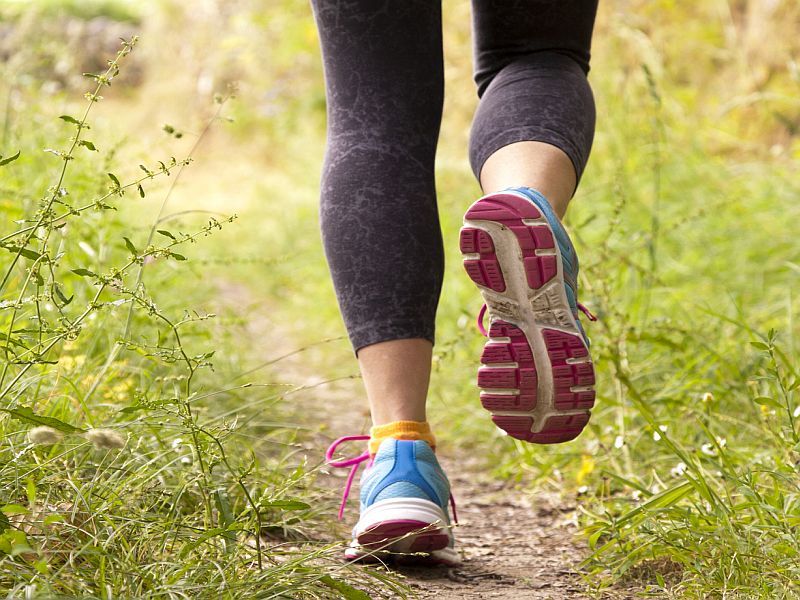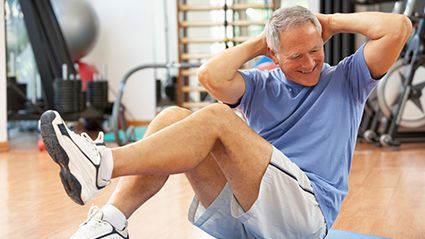
Anyone who has ever gardened knows what a labor of love it can be as you dig deep in the dirt to plant seeds and then take pride in your first crop, but new research shows it also translates into better health. It turns out that community gardens in urban areas can have folks eating… read on > read on >






























